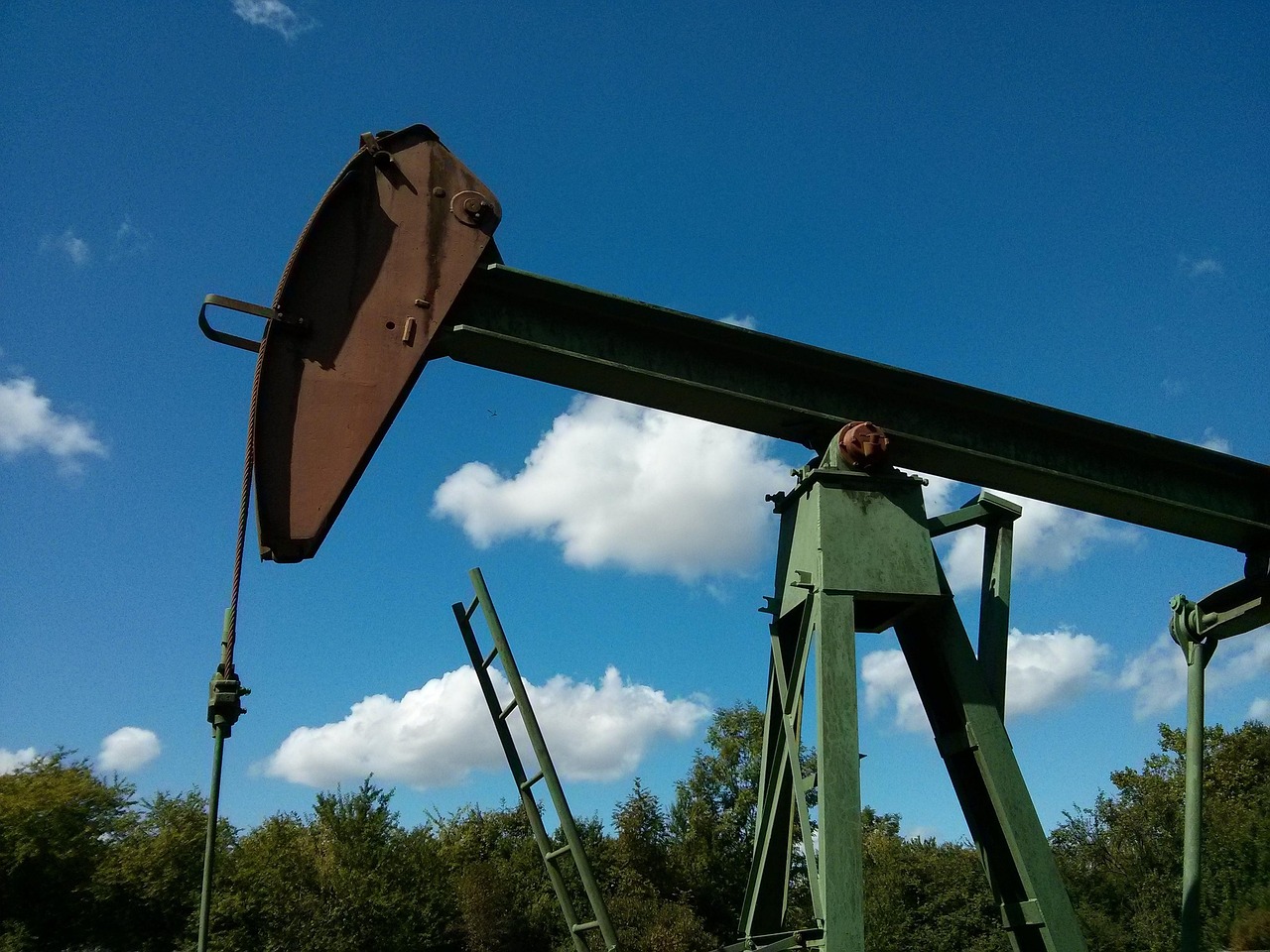Brent Crude Oil Prices Surge to $77 Per Barrel:The ongoing Israel-Iran conflict has triggered a sharp surge in crude oil prices, with Brent and U.S. crude reaching multi-month highs. Growing fears of supply disruptions in West Asia have made oil markets highly volatile, while aggressive comments from U.S. President Donald Trump have added to global market jitters. As the situation escalates, analysts warn of further price spikes and potential threats to vital oil infrastructure.
Brent Crude Oil Prices Surge to $77 Per Barrel
The global oil market has been thrown into turmoil as the ongoing conflict between Israel and Iran shows no signs of slowing down. Since Israel began its airstrikes on Adan last week, crude oil prices have rallied by around 10%, reflecting growing fears of severe supply disruptions across West Asia. These concerns have significantly impacted global markets, with many investors now expecting the rally in crude oil to continue and even accelerate in the coming weeks.
West Asia, particularly the Gulf region, is home to some of the world’s largest oil reserves, and much of the global crude supply flows through this area. The Strait of Hormuz, for example, is one of the most important oil shipping routes globally, with nearly 20% of the world’s oil passing through it. Any military conflict in this region raises immediate concerns that key infrastructure, pipelines, refineries, or shipping lanes could become targets or be blocked, severely limiting the flow of oil to global markets.
Even when physical supplies are not yet impacted, the fear alone that exports might be disrupted leads traders and investors to react quickly, bidding up oil prices to account for potential risks. This phenomenon is known as adding a “risk premium” to oil prices. In the current situation, the conflict has introduced high levels of geopolitical uncertainty, prompting markets to price in the possibility of significant supply shortages.
The derivatives markets are particularly revealing about market sentiment. Bets placed through oil options indicate a bullish outlook, even surpassing the optimism seen after Russia’s invasion of Ukraine back in 2022. This shift reflects the escalating worries that vital infrastructure responsible for exporting crude oil from the region could be targeted in the conflict, potentially crippling supply chains and driving prices to unprecedented levels.
Last week, as the Israel-Iran crisis flared up, Brent crude surged to its highest price since January, touching close to $77 per barrel — a sharp increase from around $60 just a few weeks earlier. Similarly, U.S. crude oil hovered near $76 per barrel after closing at its highest level in nearly five months on Tuesday. The rapid rise in prices underscores the level of anxiety gripping energy markets worldwide.
Adding to the tension are recent statements made by U.S. President Donald Trump. In a highly charged social media post prior to a meeting with his national security team, Trump called for Iran’s unconditional surrender. He further escalated concerns by hinting at the possibility of targeting Iran’s Supreme Leader, Ayatollah Ali Khamenei, though he clarified that such an attack was not part of the immediate plan. These remarks have only fueled the already volatile situation, keeping markets on edge as geopolitical uncertainty continues to rise.
Yesterday, President Trump said:
We know exactly where the so-called “Supreme Leader” is hiding. He is an easy target, but is safe there – We are not going to take him out (kill!), at least not for now. But we don’t want missiles shot at civilians, or American soldiers. Our patience is wearing thin. Thank you for your attention to this matter!
As the conflict drags on without any visible resolution, the world remains watchful of any developments that could further disrupt oil supplies from West Asia, a region crucial to the global energy balance. The combination of military action, political threats, and the fragile state of regional infrastructure suggests that oil prices may face further upward pressure in the near term.
Disclaimer:
The information provided in this article is for informational purposes only and reflects the ongoing developments at the time of writing. The geopolitical situation in West Asia, particularly the Israel-Iran conflict, is rapidly evolving, and market conditions may change accordingly. Readers are advised to conduct their own research or consult with financial and geopolitical experts before making any investment or policy decisions based on this information. The author and the website do not take any responsibility for financial losses, market decisions, or interpretations based on the content of this article.

